As you delve deeper into the arena of survival medicine, you will learn more about using herbal remedies in place of conventional medicines. While this advice has a lot of advantages, it won’t be of much good if you simply try to stockpile pre-manufactured herbal supplements.
Aside from problems with shelf life, there are no regulatory guidelines to ensure that you are actually getting the proper amount of each herb listed on the bottle.
In fact, there are hundreds of herbal remedy brands on the market that prove to have fake ingredients and even dangerous fillers when tested by an independent lab. This will generate a huge negative impact on your ability to survive crisis.
What’s the Problem with Using Fake Herbs for Treatment
Historically speaking, if a human suffers from a physical or mental ailment, there is an herbal remedy to cure it. The problem comes in when large scale manufacturers claim to be making extracts from certain plants, even though the pills, potions, or powders are nothing more than placebos, or have so little extract in them there is no way they can be of therapeutic value.
Not only do consumers wind up spending millions of dollars on these fake herbs, they mistakenly believe the herbs are useless, or that there is no way to make good use of them. In some cases, these placebos even lead to death if the person does not get some form of proper medication in time.
Aside from being misleading, fake herbs are just about as unhealthy as illegal drugs. When companies want to cut corners, they easily use toxic fillers or ones that increase your risk of developing cancer or other diseases. If some of these fillers are supposed to extend the shelf life of the herbal formula, it may simply not hold up for years as expected in your stockpile.
Simply trying to add more government regulation isn’t about to solve the problem. If businesses are going to make fake products to begin with, they will find some way to phony test results that are meant to catch them.
How Is This Going to Hamper My Survival?
Consider a situation where you are on medication to treat a chronic medical condition. Let’s say that you are aware of the fake herb problem, and have actually done some research on brands in order to find a creditable one. Here are just a few problems that the fake herb crisis can cause at the worst possible moment:
- In some cases, the herb may lose its potency much faster than expected. If you put these bottles of herbal remedies in your stockpile, they may be useless by the time you actually need to use them. If you plan to use herbs for heart disease, diabetes, or some other serious health problem, these impotent herbs from a “reliable” source could still lead to your death.
- Consider a situation where you have been stockpiling herbs that you purchased online because you have read about other brands that aren’t as reliable. Perhaps you have even gone so far as to stop taking regular medications for a few days, and felt well enough to feel confident in using these herbs in a crisis situation. Even if you felt better, it does not mean that the herbs were actually working. In many cases, medications can still have an effect on your body weeks and months after you stop taking them. Once you are in a crisis situation, the placebo effect from fake herbs will wear off, and then you will be stuck with a useless stockpile and no way to get the care you need.
- In some situations, you may decide that you would prefer to buy dried herbs so that you can create your own oils or other concoctions. As with regular pills, there is still an enormous chance that any dried herbs you buy will also be packed with fillers, and trying to make oils and teas from these drugs may be more dangerous than expected. Aside from non-existent therapeutic value, some of these fillers may even include pesticides and other toxic plant residues that will reactivate once you heat up the materials or try make a tea from them.
- When it comes to stockpiling drugs and herbs, it is all too easy to simply buy a few bottles and store them away compared to growing herbs and processing them yourself, rest assured that the former method is much easier. As a crisis scenario goes onward, herbal suppliers are not going to be in a position to make new supplements. The greatest danger associated with stockpiling pre-manufactured supplements is that you will never be encouraged to learn how to do it for yourself from planting the seeds to harvesting, processing, storage, and dosing.
How Safe Are the Foreign Herbal Supplements?
When it comes to the arena of herbal supplements, you will find that as soon as one brand is taken off the shelves, people will take to the internet to see if they can get the herb they want from overseas.
Today, there are foreign herbal “pharmacies” that are making millions of dollars off fake herbal supplements that are no better than what was just removed from the shelves of your local store. In some cases, as border patrol catches up with these pharmacies, they can, and do prevent shipments from coming into the country.
If you are purchasing herbs from overseas, think very carefully about what you are doing, because these scammers will take your money, and then the herbs you bought will never arrive because they are unable to get through customs.
How to Stay Informed
Herbs that have been used for centuries in alternative medicine systems are not the same ones that you are able to buy on the market today. In fact, you may be getting fake herbs that are every bit as dangerous as the conventional drugs that your doctor prescribes or that you buy over the counter.

If you are determined to buy herbal supplements, keep up with current news on which companies are selling fake or adulterated goods.
Here are two sites that will help you get started, as well as provide you with a good basis for studying further:
- consumerlab.com – this group conducts independent tests of all kinds of drugs and supplements. Once they complete their studies, they release the information to consumers and other watch groups. Consumerlab.com also releases a number of nutritional surveys and conducts numerous studies on the safety and usefulness of a range of herbal supplements. Since the group conducts independent tests, their results may vary from those conducted by the FDA, pharmaceutical labs, and others that may be interested in testing various products. At the very least, this a third opinion that you can look to when controversial results or unusual side effects arise.
- Fda.gov/ICECI/default.htm – no matter whether you are interested in finding out more about dangerous foods, drugs, or herbal manufacturers, this site will give you plenty of information. You can keep up with current enforcement actions and also look at the historical records of companies that are under investigation via the warning letters. As you study information on this site, you will also gain a better sense of what the FDA lists as deceptive advertising, as well as some indicators of how much harder it will be to buy herbal supplements in the future.
Ask a licensed herbologist or a licensed alternative medicine practitioner about these herbs. Many people today are surprised to find out that most states have a licensing board for medical practitioners other than conventional nurses and doctors. You don’t need to simply hope that your doctor actually knows about herbal supplements and alternative treatments when fully qualified people are on hand to answer your questions.
Always ask your doctor what courses they have completed in herbology and what, if any continuing medical education credits (CME) they have in this area. If you find that they have not officially studied in this area, then find someone that holds a proper license. If you would not take your car to get an oil change to a beauty parlor, it won’t be the best option to assume that every doctor knows as much about herbal remedies as they do about conventional drugs. At least, a licensed herbologist receives newsletters or other industrial insider information that helps them avoid buying fake herbs for resale.
Some herbologists will grow their own herbs. If you visit their shop or practice, you may be able to see the plants growing, or even watch as your supplements are prepared. If you cannot grow your own herbs, this means of acquiring them may be a bit safer.
Just be sure to consult with the BBB for the state where the business is located and other consumer protection agencies to see if anyone has filed problematic reports against the business. Also check the state licensing board to see if there are any disciplinary actions listed against the provider. (Actually, you should do this for conventional providers as well).
If you “google” different herbs, make sure you find all kinds of information about what works and what doesn’t. Rather than just rely on basic search engine results, visit Google Scholar, which is a special part of the Google search engine that only returns information from scientific, peer reviewed studies that are often considered legitimate enough for a number of industries.
In some cases, you may uncover genetic testing studies on specific brands of herbal supplements even if they have not been listed on mainstream media, or the FDA.
Be aware that there is a difference between the two search engines, never take what you read for granted, and verify the source of the information and the information itself. This includes investigating the financial sponsors of the studies and any investments they may have in competing businesses.
What You Need to Ask the Doctor
When it comes to fake herbs, let your doctor know what herbs you are using as well as the manufacturer. In many cases, your doctor won’t do more than ask and keep this information on file, but a discussion about fake herbal supplements is still very important.
If you are having strange side effects, or something does not feel right, ask your doctor to run some tests, and as with any other drug, demand copies of your blood work and any other diagnostic studies, then go ahead and research on numbers that are outside of the normal reference ranges.
Pursue second opinions and other specialist advice if you see something amiss. Never forget that when a crisis happens, doctors and competent medical providers won’t be there to to help you, let alone take care of relatively routine matters. Make use of what advice you can get now so that you have a better chance of having the best information in a time of need.
When it comes to going back to the old ways as a means of surviving a major crisis, using herbal remedies is bound to hold a good bit of appeal. But simply trying to buy herbs from a local store or even online can be a very hazardous undertaking. You should know how to spot fake herbs and understand how they can affect your health now and in a crisis situation.
As with any other prepping scenario, check what kind of herbs are in your stockpile, and do your best to avoid fakes and placebos. There are plenty of resources available to help you get the best information. Take advantage of these resources so that you do not wind up with even more problems once a major crisis occurs.
This article has been written by Carmela Tyrell for Survivopedia.


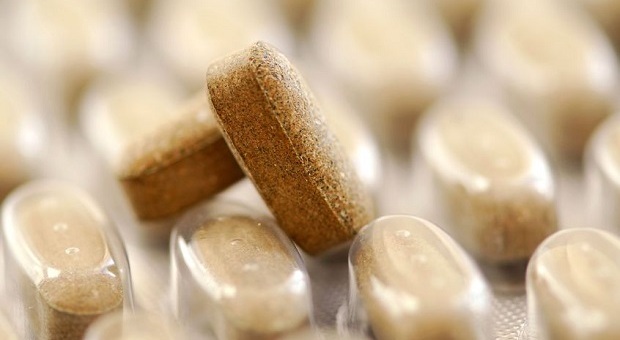


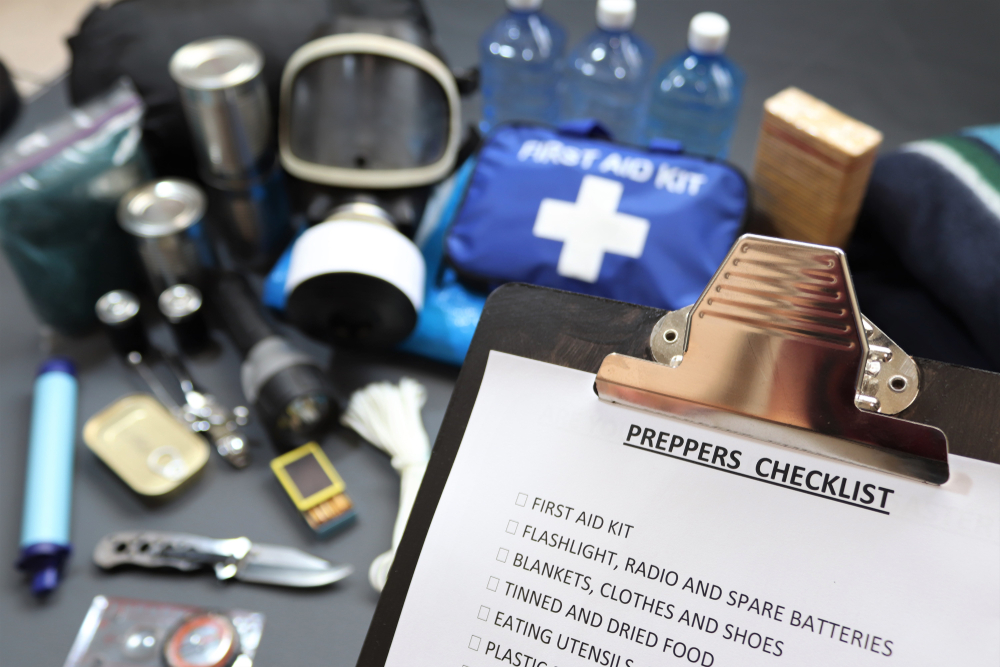
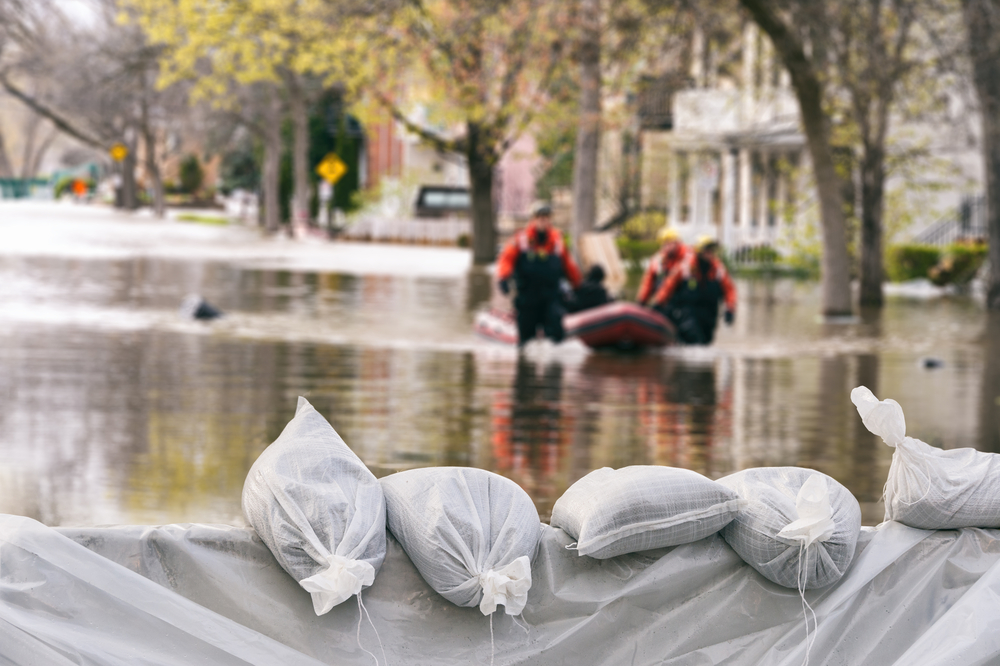
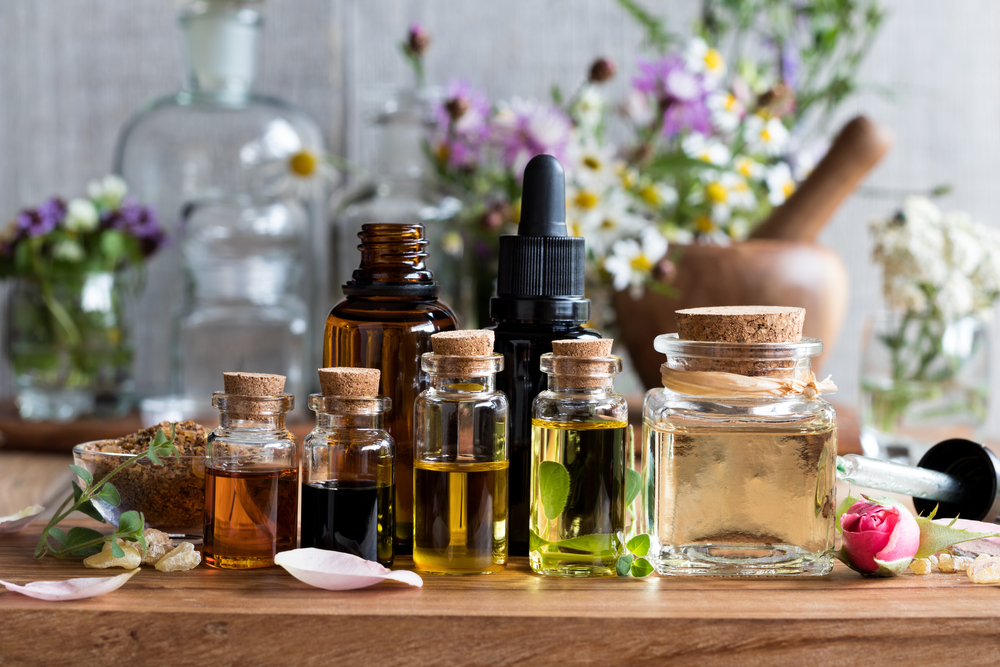
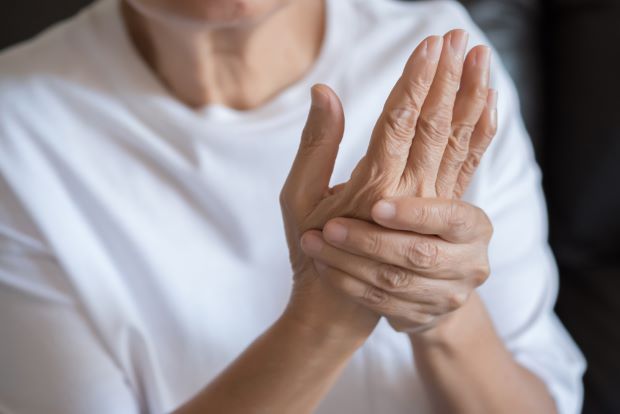

Pingback:Stay Away From These Supplements That Harm You! | Freedom Newz | January 27, 2016
|
Patrick | January 27, 2016
|
my wife is an herbalist and I can attest to the fact that herbal supplements from major companies are a joke. first you have to consider shelf life, properly prepared herbs can last years in storage. Most store bought herbs have an expiration date of no more than a year. .. so what else are they putting in there that is causing this?
Second store bought herbs are typically concentrated extracts of a single constituent of an herb. This is not how herbs work. Herbs
have hundreds, thousands of constituents that all work together to treat an ailment. Extracating the most prevalent constituent does not a good medicine make. You are treating the symptom not the cause at that point.
feel free to visit herbaltree.org for more information.
Pingback:Stay Away From These Supplements That Harm You! | NewZSentinel | January 27, 2016
|